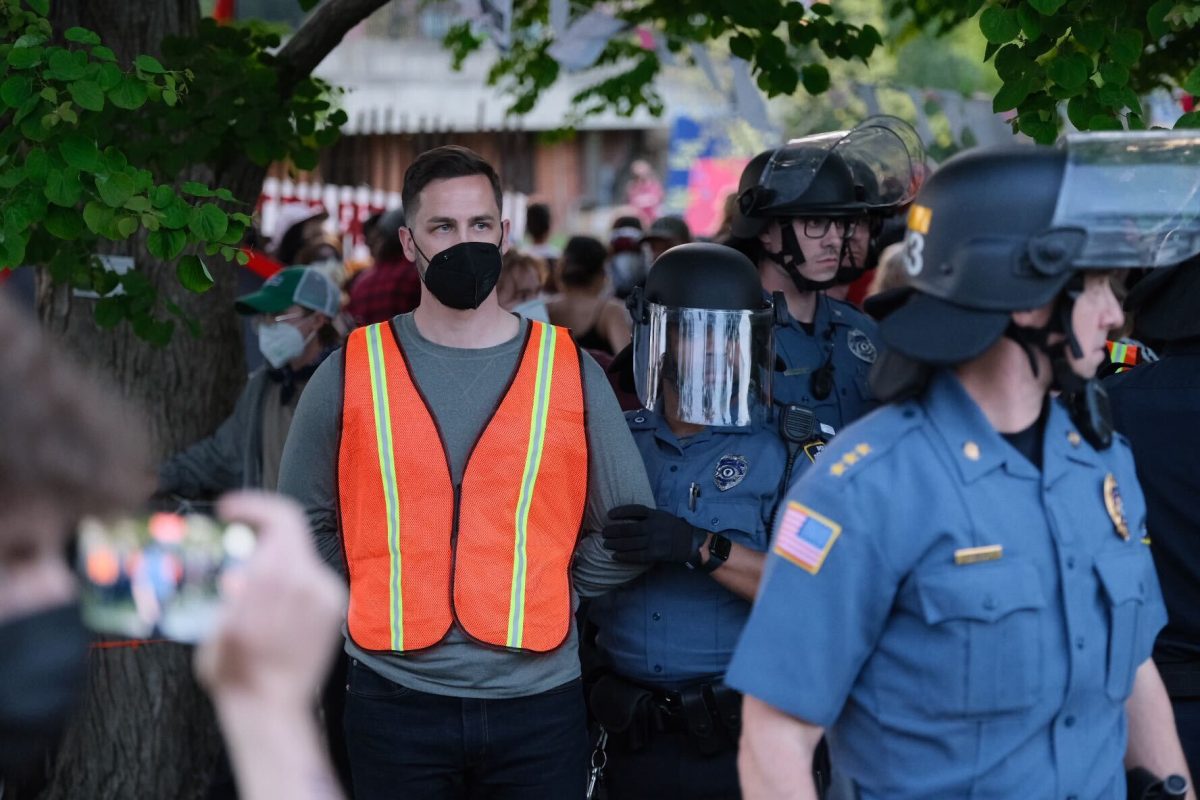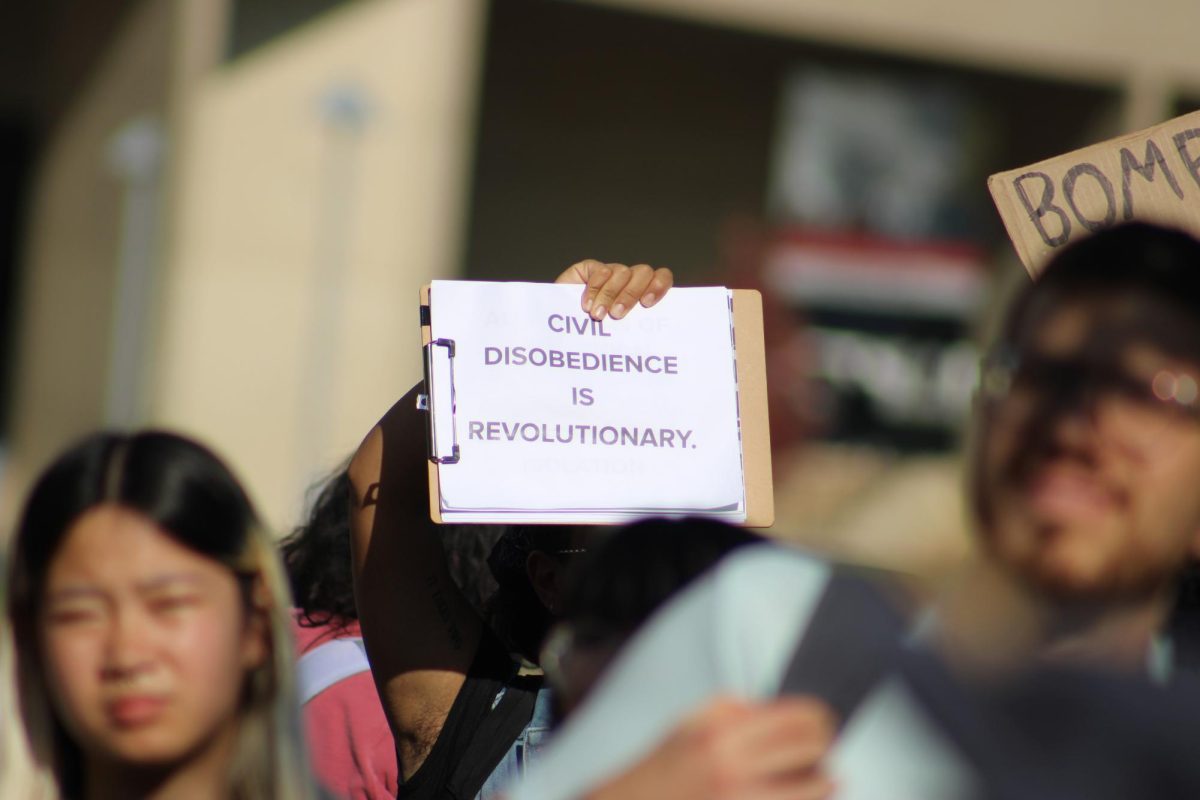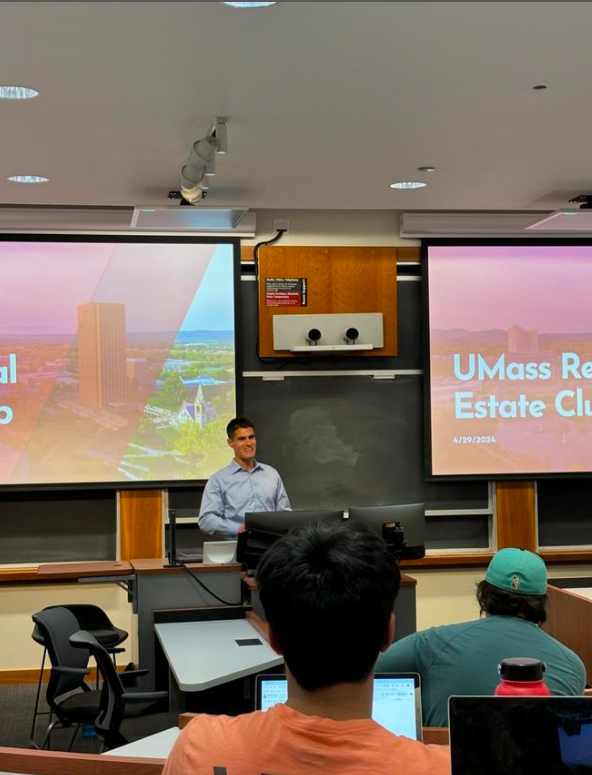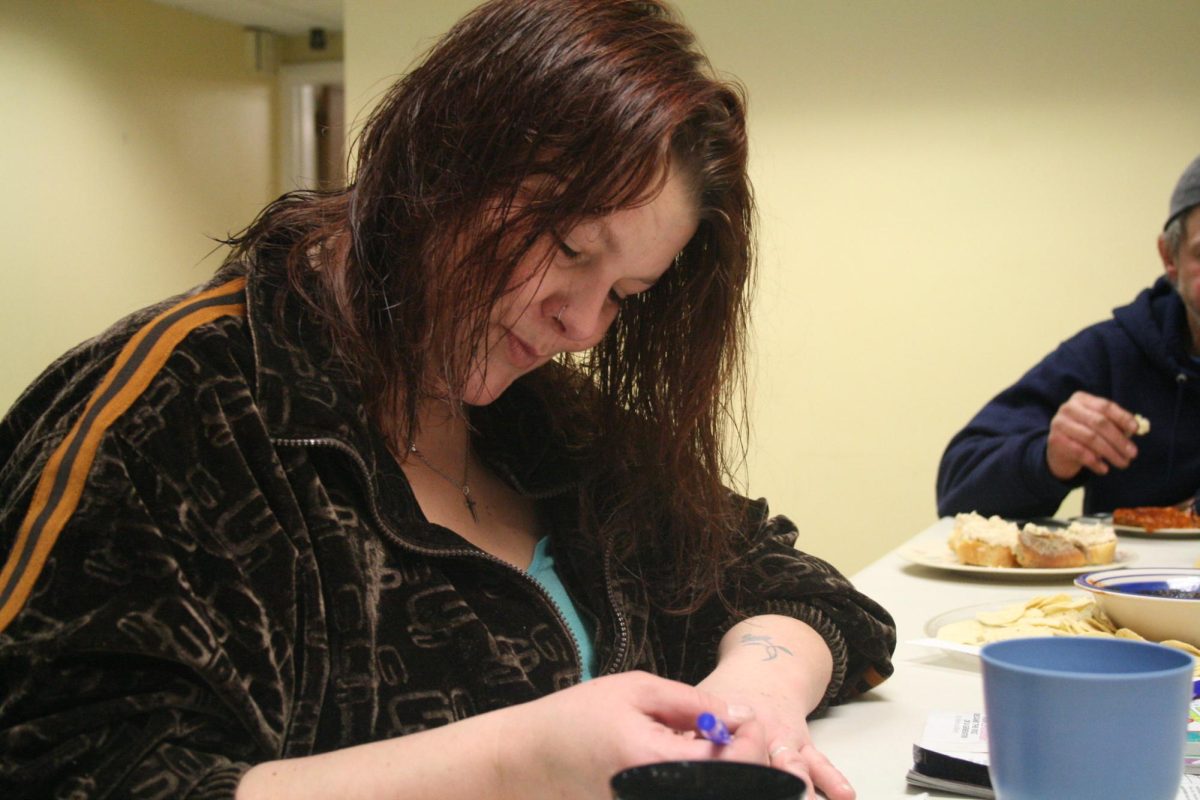Every time I turn around, I hear stories of how this movie or that song is to blame for violence.
A nine-year-old boy accidentally kills his three-year-old brother imitating a body slam that he saw on television the night before. Who’s to blame? The nine-year-old for performing the action, the parents for not paying better attention to their children, or World Wrestling Entertainment (WWE) for allowing such acts to take place on television?
I blame the parents because what it comes down to is parental responsibility.
It is not the fault of the WWE if a nine-year-old boy is up at 10:00 p.m., watching a show that is designed for adults. That blame falls on the shoulders of the parents, who should be monitoring what their children are watching. Why is a nine-year-old up that late anyway? When I was nine, I was in bed at 8:00 p.m., give or take a few minutes.
Don’t get me wrong, I love wrestling. But I’m also in my 20s and am fully capable of distinguishing right from wrong, real from fake. When I see the camera pan the audience and children are shooting the finger or telling the television audience to “suck it,” I cringe. It’s not appropriate for children under a certain age to be watching this kind of programming. Yes, it’s entertainment and it’s fake. But that doesn’t make it less violent.
According to Shannon Croft, a child psychologist at Emory University, there are a lot of parents – or babysitters – who put their kids in front of wrestling shows or other violent programming without thinking about what their kids are seeing and how what they’re seeing might affect what they do. For young children, Croft says, watching wrestling is a lot like watching violent cartoons like “Power Rangers” or watching horror movies because it promotes the notion that we live in a violent and dangerous world.
“These kids learn that the only way they can survive is by being violent and dangerous,” Croft said in an interview in a 2000 with atlanta.creativeloafing.com. “They don’t understand the difference between ‘pretend’ and real. They learn, from wrestling, that if someone does something you don’t like, the best way to deal with it is to kick them or hit them.”
Alan Sharp, former spokesman for the now defunct World Championship Wrestling (WCW) doesn’t completely disagree.
“Kids have always imitated their favorite television shows,” Sharp acknowledges in the same article. “Our challenge is to produce entertaining programs for our adult audience, while being mindful of our younger viewers. However, it is the parent’s responsibility to decide with their children what they watch.”
No. Parents should not decide with their children what they watch on television. When you’re nine years old, life is not a democracy. It’s not about being fair. Distinguishing between what is and isn’t appropriate is the responsibility of the parent. Children may know the difference of right from wrong, fiction versus reality, but they don’t always know the meaning of the word “consequence.” They might not understand that every action has an equal and opposite reaction, and if you do harm to another, you will pay the price. That’s not shown on television – on any kind of prime time programming – because week after week characters return to their same roles. That’s why the thought of children – and I literally mean children, not teens – watching television late at night is so irksome.
Critics often ask, “What kind of message are we sending to the children who see such programs on television?” I ask this: What kind of parent would let his nine-year-old watch wrestling in the first place? Especially when it’s on later at night specifically because it is meant for adult viewing?
Don’t condemn the entertainers who are making their living by giving the audience what they want to see.
It never ceases to amaze me how easily blame is placed everywhere but on ourselves. If I do something wrong, I own up to it and pay the consequences. That’s the bottom line – you do the crime, you do the time.






